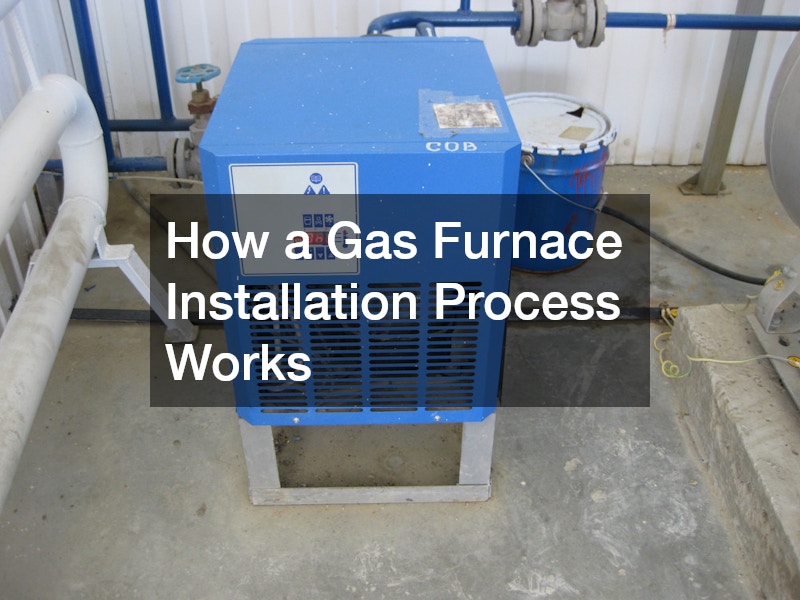Residential HVAC systems are essential for maintaining comfortable indoor environments. However, like any other mechanical system, they have a finite lifespan. Several factors can influence how long your HVAC system will last, ranging from installation quality to regular maintenance. Understanding these factors can help homeowners maximize the lifespan of their heating and cooling near Fairview Heights, IL and ensure efficient operation for years to come.
1. Quality of Installation: The lifespan of an HVAC system is significantly impacted by the quality of its installation. Improper installation can lead to various issues, including inefficient performance and premature wear and tear. It’s crucial to hire a qualified and experienced HVAC contractor to install your system correctly. This involves proper sizing, adequate ductwork design, and adherence to manufacturer specifications. A well-installed HVAC system is more likely to operate efficiently and have a longer lifespan.
2. Regular Maintenance: Regular maintenance is key to extending the lifespan of any HVAC system. Neglecting maintenance tasks such as filter replacement, coil cleaning, and lubrication can lead to increased wear and decreased efficiency. Over time, this can cause components to fail prematurely and reduce the overall lifespan of the system. By scheduling routine maintenance with a professional HVAC technician, homeowners can identify and address minor issues before they escalate into major problems, prolonging the lifespan of their HVAC system.
3. Air Quality and Filtration: The quality of indoor air and the effectiveness of air filtration systems also play a role in the lifespan of an HVAC system. Poor indoor air quality can result in increased dust and debris accumulation within the system, leading to clogged filters and reduced airflow. This puts additional strain on the HVAC components, potentially causing them to wear out faster. Investing in high-quality air filters and ensuring proper ventilation can help maintain clean indoor air and protect the HVAC system from unnecessary stress, ultimately extending its lifespan.

4. Climate and Environmental Factors: Climate and environmental factors can have a significant impact on the lifespan of an HVAC system. Extreme temperatures, humidity levels, and exposure to environmental pollutants can accelerate the wear and corrosion of system components. For example, HVAC systems in coastal areas may experience faster corrosion due to saltwater exposure, while those in regions with harsh winters may undergo more frequent cycling and strain on heating components. Taking appropriate measures such as corrosion-resistant coatings and regular inspections can help mitigate these effects and prolong the lifespan of your system for heating and cooling near Fairview Heights, IL.
5. System Design and Technology: The design and technology of the HVAC system itself can influence its lifespan. Older systems may be less energy-efficient and more prone to breakdowns compared to newer models with advanced features and technologies. Upgrading to a newer, more efficient HVAC system can not only improve comfort and energy savings but also extend the lifespan of the system. Additionally, proper system design, including zoning and variable-speed components, can reduce unnecessary wear and tear on the system, further enhancing its longevity.



